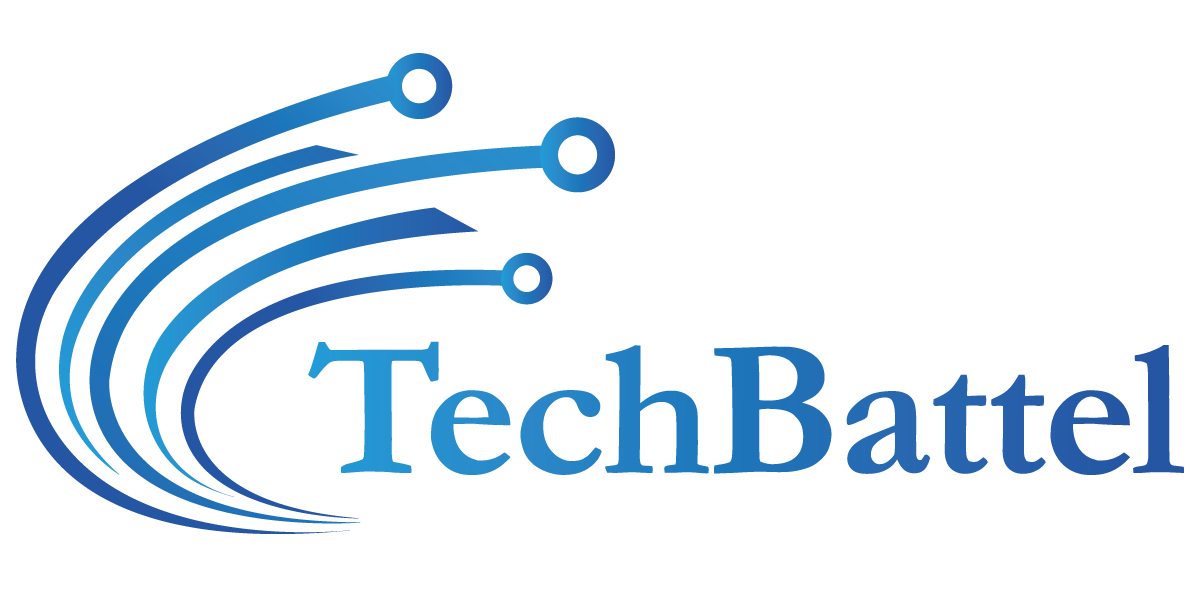While cloud computing has many advantages, it also presents specific security issues that must be resolved to maintain the confidentiality, integrity, and accessibility of critical data. Legal, Risk, and Compliance Considerations in Cloud Security are the key topics of CISSP Domain 6 (Certified Information Systems Security Professional). This area is essential to secure cloud environments and bring them into compliance with legal and regulatory standards. In this blog, we’ll explore the salient features of CISSP Domain 6 and explain why it’s necessary for cloud security. We will also discuss CCSP Certification and how it relates to CCSP Domains.
What is CISSP Domain 6?
A robust information security program should be designed, implemented, and managed by individuals with the CISSP certification, which is widely recognised. Legal, Risk, and Compliance aspects in information security are the subject of Domain 6 of the CISSP Common Body of Knowledge (CBK), focusing on cloud security in particular.
The Significance of CISSP Domain 6 in Cloud Security
To secure cloud settings and handle the particular difficulties posed by cloud computing, CISSP Domain 6 is essential. Here are some reasons why this area is so crucial:
- Sensitive data is frequently processed and stored in the cloud across national boundaries. This raises legal issues about data privacy, data sovereignty, and adherence to numerous data protection laws and regulations. Cloud service providers and users must understand legal implications to guarantee they comply with legal standards.
- Due to the shared nature of cloud resources, additional risks are introduced by cloud security. The significance of risk management in the cloud environment is emphasized by Domain 6. Risk assessments, threat modeling, and risk treatment procedures are essential to identify and reduce hazards particular to clouds.
- Adherence to industry standards, laws, and frameworks is essential in the cloud context. To ensure that cloud services comply with applicable regulatory standards, CISSP Domain 6 covers various compliance issues, including ISO 27001, SOC 2, GDPR, HIPAA, and others.
- The significance of clear and thorough cloud service agreements between cloud providers and customers is covered in domain 6. These agreements must cover data ownership, service level agreements (SLAs), incident response protocols, and security obligations.
- In cloud systems, it’s crucial to handle security events efficiently. To provide a prompt and coordinated response to security breaches, CISSP Domain 6 emphasizes the necessity for well-defined incident response plans and processes that are particular to the cloud.
CCSP Certification and its Relationship to CISSP Domains
ISC2 also offers the CCSP (Certified Cloud Security Professional) certification, a well-recognized credential. Cloud architecture, governance, risk management, compliance, and legal issues are just a few of the areas that the CCSP focuses on. The CCSP expands CISSP expertise into cloud-specific security issues.
CCSP Domains Related to CISSP Domain 6:
- Domain 1: Cloud Concepts, Architecture, and Design: This domain covers cloud computing concepts, cloud infrastructure components, and cloud service models. The understanding of cloud security architecture and design is relevant to the CISSP.
- Domain 2: Cloud Governance and Risk Management: This domain tackles governance, risk assessment, and compliance in the cloud environment and is consistent with the CISSP’s focus on risk management in the cloud.
- Domain 3: Legal, Risk, and Compliance: The CCSP’s Domain 3 closely resembles the CISSP’s Domain 6, emphasising the legal, risk, and compliance issues unique to cloud security.
Conclusion
The legal, risk, and compliance facets of cloud security are addressed in CISSP Domain 6, which makes up a sizeable portion of the CISSP certification. As cloud computing becomes an essential part of modern IT infrastructure, it is imperative to comprehend and address security challenges unique to the cloud. Security professionals can ensure the secure and responsible use of cloud services by being aware of the legal implications, managing risks, and abiding by the relevant laws. For individuals looking to specialise in cloud security, the CCSP Certification builds on CISSP experience to address the unique requirements of cloud computing by providing a more in-depth understanding of cloud-specific security concerns. Professionals with CISSP and CCSP certifications have the skills and knowledge to defend cloud computing infrastructure effectively. For more information visit https://techbattel.com/.

